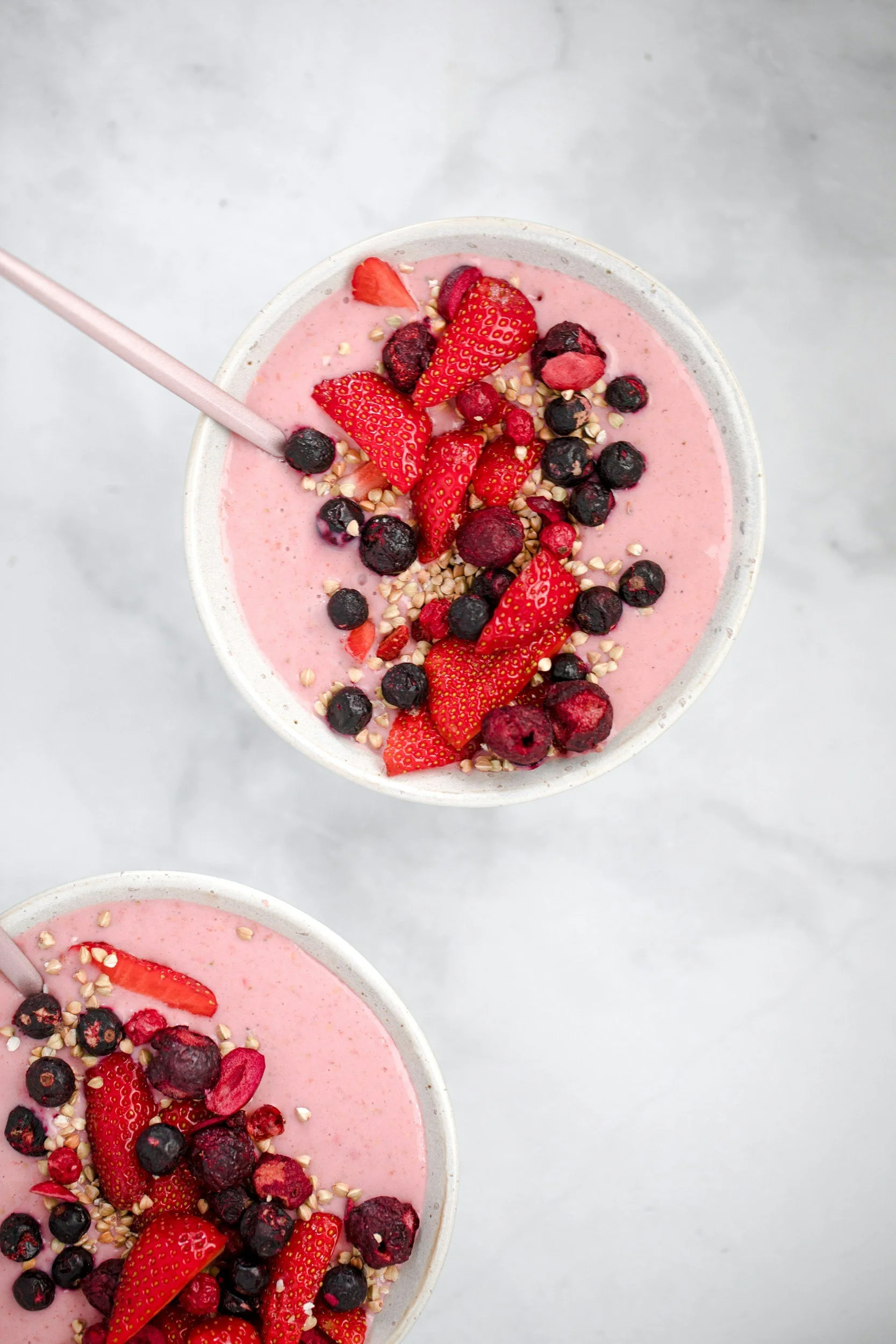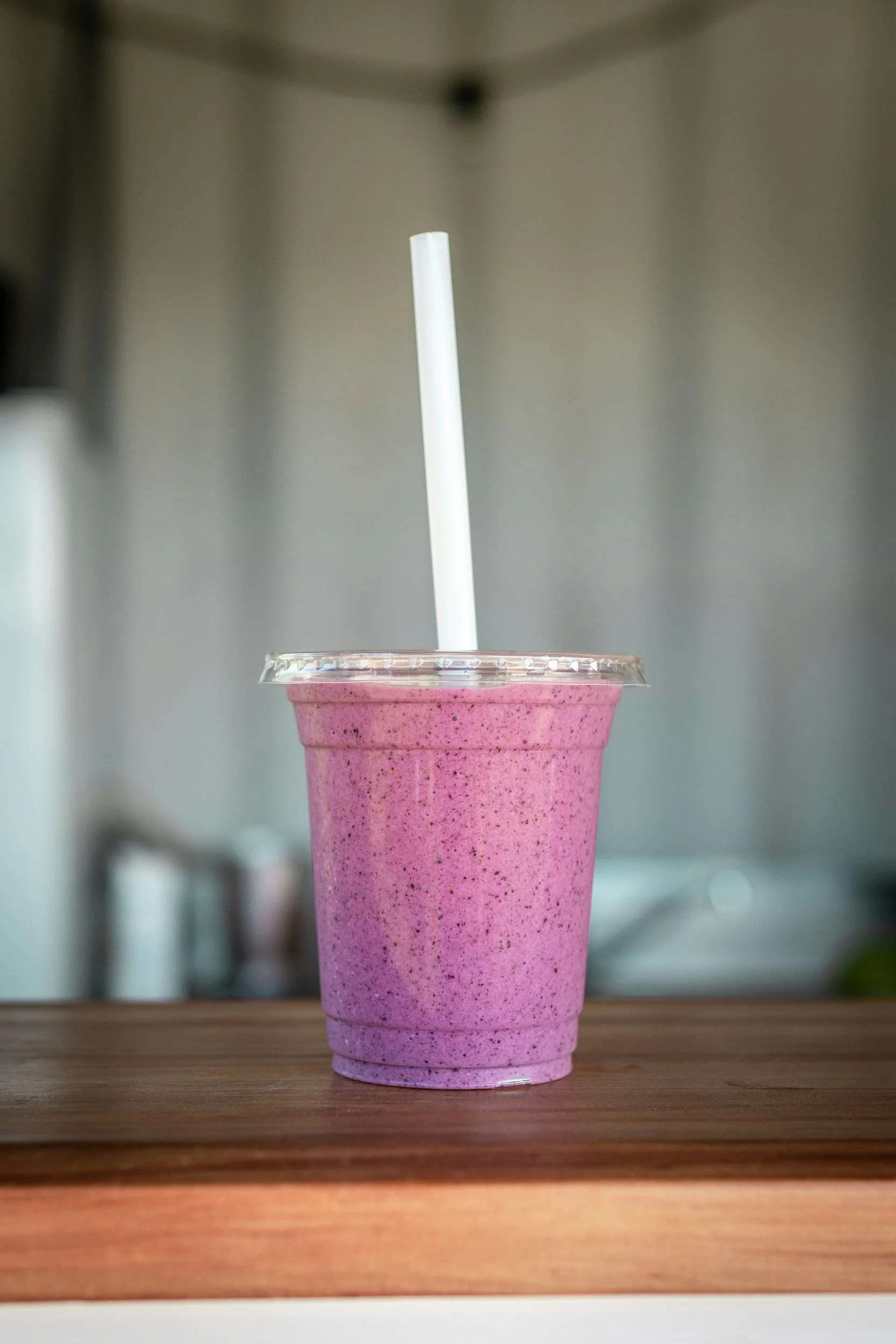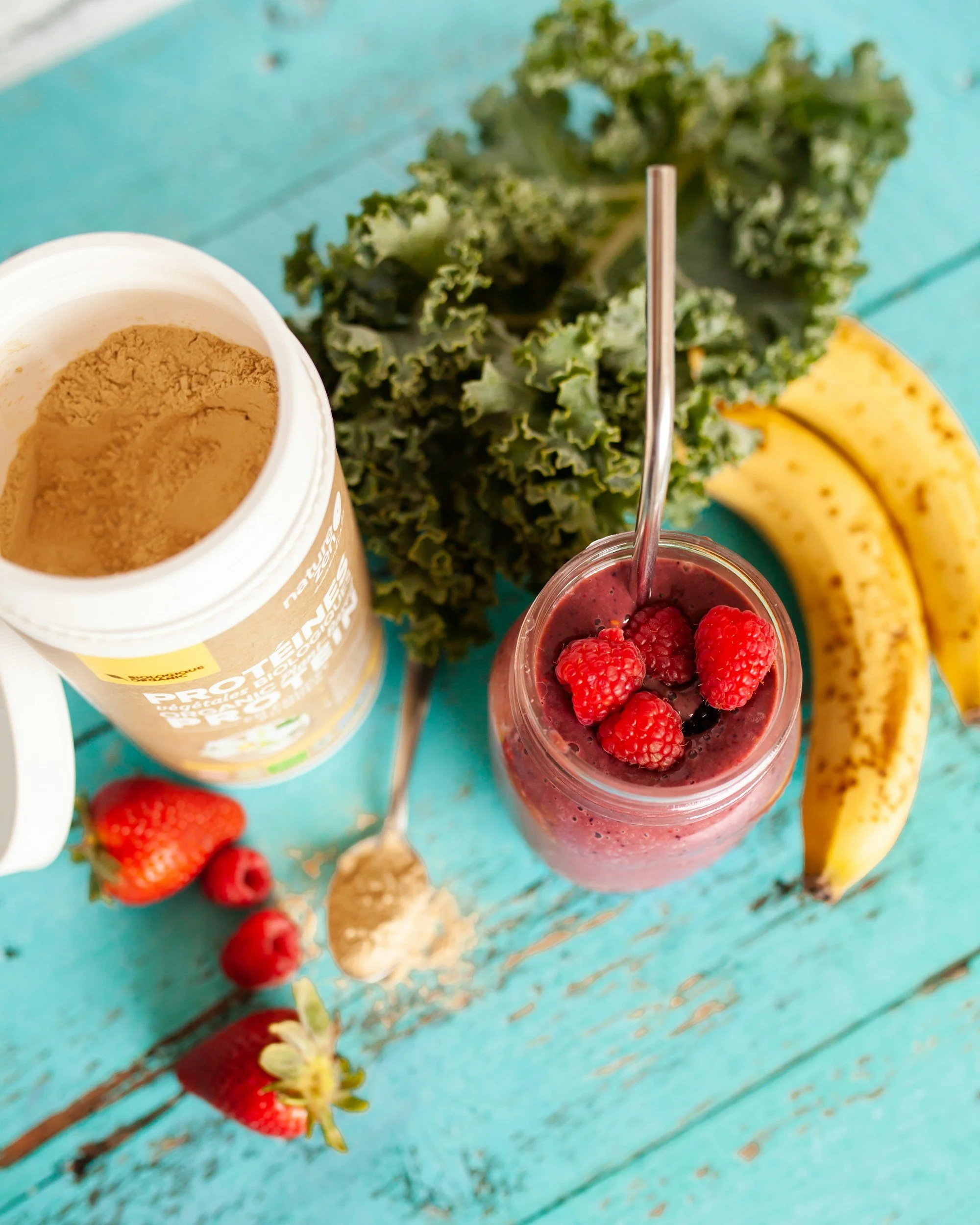Hydration: 4 Reasons To Drink Enough Water
/Why Is Drinking Enough Water So Important?
We’ve all heard the advice to “drink more water.” It’s one of those health tips that gets repeated so often, it can start to feel like background noise. But hydration isn’t just about quenching your thirst — it plays a critical role in nearly every function of your body. From digestion and energy levels to brain function and even managing cravings, water is one of the most underrated keys to better health.
If you’ve ever wondered why drinking enough water is so important, here are some of the biggest benefits and what happens when your body doesn’t get enough H₂O.
1. Absorption & Digestion
Your body relies on water to break down the food you eat and help you absorb nutrients effectively. Without proper hydration, even the healthiest meals won’t be fully utilized.
As the Mayo Clinic explains, water helps dissolve vitamins, minerals, and other nutrients so your body can carry them to your cells. After you drink, water is absorbed through both your small and large intestines and transported into your bloodstream, where it supports energy production, tissue repair, and overall vitality.
Think of water as the delivery system for your nutrition. You can eat the best diet in the world, but if you’re dehydrated, your body won’t absorb and use that fuel efficiently.
2. Energy, Exercise, & Performance
Even mild dehydration can have a noticeable impact on how you feel and perform.
When you’re low on fluids, your body has a harder time regulating temperature. This means higher heart rate, higher core temperature, and reduced endurance. According to HumanKinetics.com, maximal aerobic power (VO₂max) decreases by about 5% when people experience fluid losses equal to just 3% of body mass.
That might not sound like much, but for someone exercising or working hard throughout the day, that small drop translates into more fatigue, less energy, and slower recovery. Staying hydrated helps you feel stronger, sharper, and more resilient — whether you’re in the gym, at work, or just managing everyday stress.
3. Hunger vs. Thirst
Did you know dehydration can sometimes feel like hunger?
According to Trident Health, mild dehydration may trigger signals that mimic hunger and even drive sugar cravings. Fatigue, low energy, and the general discomfort of thirst can overlap with the way we experience hunger, making it easy to confuse the two.
This doesn’t mean you should replace meals with water — true hunger needs to be nourished with food. But if you find yourself constantly snacking, especially on sugary foods, it may help to pause and drink a glass of water first. Sometimes your body is just asking for hydration.
4. Additional Benefits of Staying Hydrated
While digestion, energy, and appetite regulation are three big reasons to focus on hydration, water impacts many other aspects of health:
Skin Health – Adequate hydration helps maintain skin elasticity and can contribute to a clearer, more radiant complexion.
Joint & Muscle Support – Water lubricates joints and cushions tissues, helping reduce stiffness and soreness.
Brain Function – Even slight dehydration can impair focus, memory, and mood.
Detoxification – Water supports kidney function and helps flush toxins from the body.
Signs You’re Not Drinking Enough Water
Sometimes, dehydration sneaks up quietly. Here are some common signs to watch for:
Thirst – If you’re thirsty, you’re already mildly dehydrated.
Dark Urine – Pale to light-yellow urine is a good sign of adequate hydration, while darker colors signal you need more fluids.
Brain Fog & Fatigue – Trouble focusing or feeling sluggish may be linked to dehydration.
Headaches – A common symptom of mild dehydration.
Dry Skin or Mouth – Lack of hydration can show up externally, too.
How Much Water Do You Really Need?
The “right” amount of water varies depending on your body size, activity level, and environment. A common guideline for adults is around 3 liters per day, though you may need more if you’re active or live in a hot climate.
Instead of obsessing over exact ounces, pay attention to your body’s cues:
Aim for light-colored urine.
Drink water consistently throughout the day rather than chugging large amounts at once.
Increase your intake around exercise, caffeine, or alcohol (all of which can be dehydrating).
Tips for Staying Hydrated
If plain water feels boring or hard to keep up with, try these ideas to make hydration more enjoyable and consistent:
Add fresh fruit or herbs (like lemon, cucumber, or mint) for natural flavor.
Carry a reusable water bottle so it’s always within reach.
Set reminders on your phone if you tend to forget.
Drink a glass of water before meals to support digestion.
Include water-rich foods like cucumbers, watermelon, oranges, and lettuce in your meals.
Wrapping It Up
Hydration is one of the simplest yet most powerful ways to support your health. From better digestion and energy to clearer thinking and even healthier skin, drinking enough water truly makes a difference. If you’ve been feeling sluggish, craving sugar more often, or noticing brain fog, take a look at your hydration habits — your body may just be asking for more water.





















